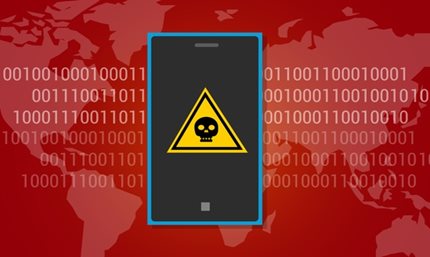News & Tips
How to Choose the Best Student Checking Account for Teens

Teens spend a lot of time at school functions and with friends—attending games, watching movies, shopping, hanging out at the beach, etc. Most of those activities involve purchases, and carrying cash (or asking parents/guardians for cash all the time) often becomes impractical.
Plus, as they’re becoming independent, learning how to manage money responsibly (and the value of a dollar) becomes even more important. A student checking account provides them with an avenue to be a pilot of their finances, usually with a parent/guardian as the co-pilot.
With so many choices available, how do you choose the best student checking account for teens?
What is a student checking account?
A student checking account offers the same functions as a regular checking account—a secure place to keep money for deposits, purchases, transfers, and debit card transactions—but for a certain age group (usually anywhere between 13 to 25).
Some student checking accounts have special characteristics for account holders, like no monthly service fees. Most banks and credit unions offer checking accounts specifically for students. Learn more about banks vs. credit unions here.
Is it a good idea for teens to get a student checking account?
Yes, absolutely! It’s a great way for students to learn how to deposit money, monitor transactions, use a debit card, and spend more responsibly. Students can gain a better understanding of financial vocabulary once they are actively managing their own money.
They can also begin to learn how to budget their own money, especially if they have a job, and they’ll get a head start on the road to financial independence! Minors opening a student checking account will usually need a parent or guardian as a joint account owner (a helpful way to keep an eye on things).
See more skills teens gain from having a student checking account.
How to Choose the Best Student Checking Account for Teens
Nowadays, with so many banks, credit unions, and online financial institutions, it can be somewhat overwhelming deciding the best place for teens to bank. Before opening a student checking account with any financial institution, be sure that it’s FDIC or NCUA insured up to $250,000.
Let’s take a look at the five steps to choosing the best checking account for teens:
Step 1: Compare fees and minimum amounts for student checking accounts at various financial institutions.
First thing first, make sure that the student checking account charges zero monthly maintenance fees—that way, the teen and/or joint account holder can potentially save a good amount of pocket change.
Additionally, see if the financial institution requires the following for the account:
- a minimum balance
- a recurring direct deposit
- a monthly debit card transaction amount
Some banks or credit unions will charge additional fees if the account holder does not meet requirements like those above. And it’s a good idea to check the financial institution’s fee schedules to see if they charge, and how much, for: inactivity, overdrafts, statements, transactions, and ATM usage.
If you’re a parent or guardian, it may be beneficial to go over these fees and minimum amounts with the teen account holder to help set them up for success with managing their account.
Step 2: Review the student checking account’s requirements.
Here are some good things to keep in mind when comparing student checking accounts at various financial institutions:
- What is the minimum opening deposit requirement?
- Does this account require a parent or guardian as the joint account holder?
- What is the age range requirement for the student checking account?
- What happens to this account once the student turns 18 years old?
A Student Checking account at Space Coast Credit Union (SCCU) automatically converts to a Free Checking account once the teen turns 18 years old.
Step 3: Check out the financial institution’s mobile banking features.
Teens often love spending time on their phones, and they’re often on the go; so the bank or credit union’s mobile banking app should conveniently accommodate this lifestyle.
Some of the best mobile banking features to look for are mobile check deposit, free e-statements, and real-time alerts via text messages. The financial institution earns extra credit points if they offer digital wallet payment options!
Does the financial institution offer any top-notch fraud prevention features? SCCU offers Manage Cards and 2Way Text Fraud Alerts. Plus, an option exists right in the app to set a travel notice. Learn more about SCCU’s Online Banking, Mobile Banking, and fraud prevention measures.
Step 4: Look at availability of branches and ATMs.
While you can do just about everything in the Online or Mobile Banking app, teens may need to withdraw cash from an ATM. But how many of those fee-free ATMs are near you? SCCU offers a large fee-free network of ATMs, many that even take deposits, in Florida and nationwide.
In some cases, you may need to go in a branch to handle something with your financial interests in person. Perhaps even to use a coin-sorting machine, a safety deposit box, a night drop box, a drive-thru, etc. As you’re considering financial institutions to find the best student checking account for your teen, be sure to check the branch hours and their services.
SCCU offers more than 60 branches throughout Florida, with many locations open on Saturdays too. We’re also part of a Shared Branching network, so you can take care of any in-person transactions if you’re temporarily out of our service area or traveling. Visit our Shared Service Center page for more information.
Step 5: Consider the financial institution’s customer service.
Sometimes you may need to reach out to a financial institution to ask a question or resolve an issue. When selecting a financial institution, check out their hours, available contact methods, and help resources. Be sure that they have a longstanding reputation of helping others. Nothing can be more frustrating or disappointing than banking with an institution that doesn’t prioritize their customers. So be sure to ask friends, family, and co-workers for recommendations and check online reviews.
We began in 1951 with just seven founding members, and we’ve grown to be the third-largest credit union in Florida, serving more than 600,000 members in 34 counties. We exist to serve our members and work to uphold our brand promise: Honest People. Trusted Products. Time Valued. We also contribute to the community in a number of ways.
Financial Wellness at SCCU
If a teen is looking to join SCCU, we’d love to have them! We offer a wealth of financial wellness resources, such as calculators, tips, articles, and other tools to help them improve their money management skills. Additionally, we offer an interest-earning Youth Savings account, which will convert to a Regular Savings account at age 18. Teens may also be interested in applying for a Visa® Student credit card that can help them get a head start at building credit—especially great for helping them get a future loan at a lower rate or an apartment for a lower deposit.
Benefits of an SCCU Student Checking Account for Teens
If you’re looking for the best student checking account for teens with no fees, look no further than SCCU. We offer a Student Checking account for 13-17-years-olds that has no minimum balance requirement, no monthly service fees, no direct deposit requirement, and free Online and Mobile Banking60. Plus, account holders can get their direct deposit up to two days early42!
It’s as easy as ABC for teens to apply for an account online with a parent or guardian in just a few minutes! Student Checking account holders also receive a free Visa® contactless debit card (available with parent or legal guarantor) with access to over 20,000 fee-free Allpoint® ATMs nationwide. Feel free to get in touch with us if you have any questions.














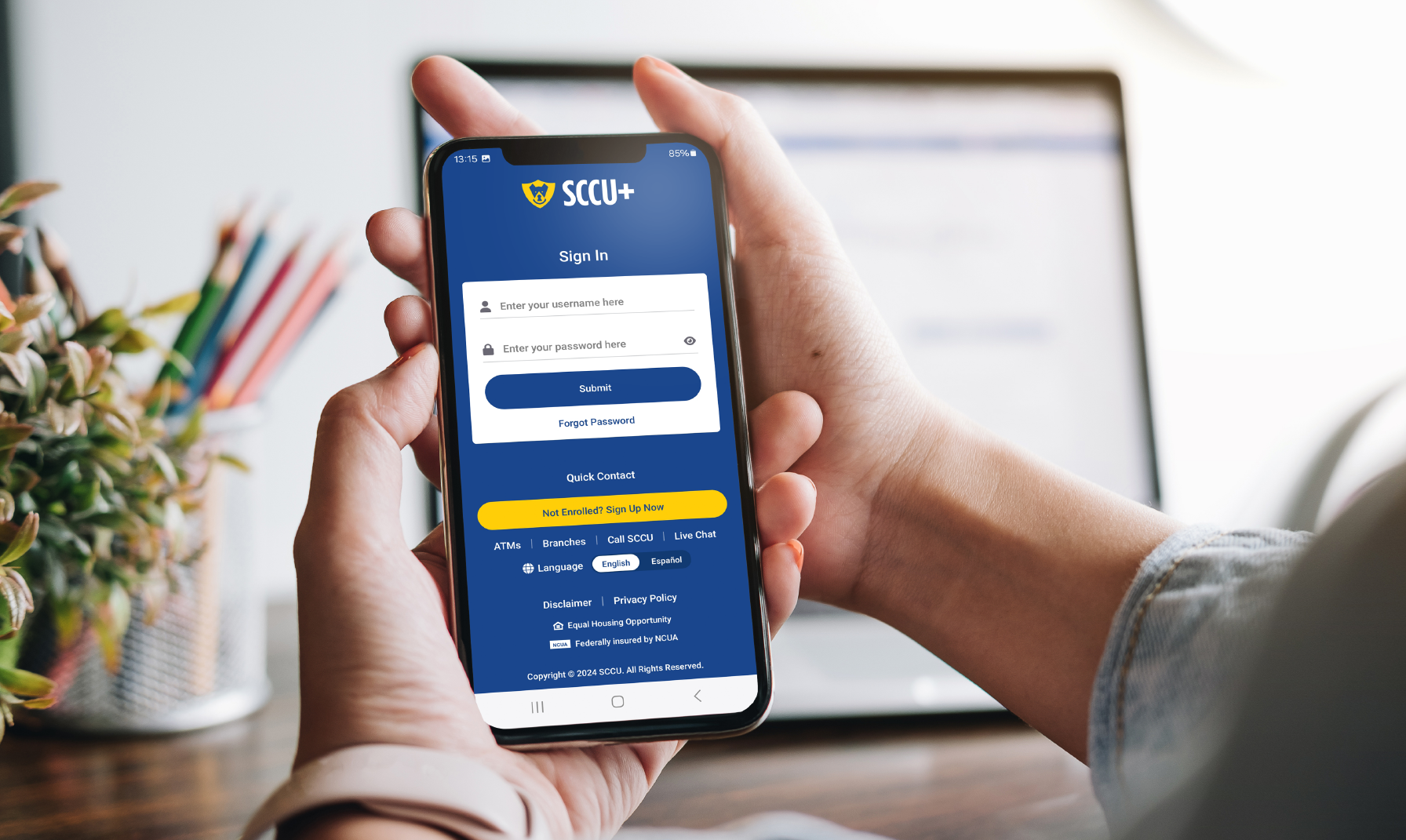

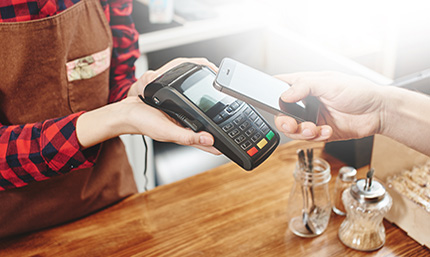












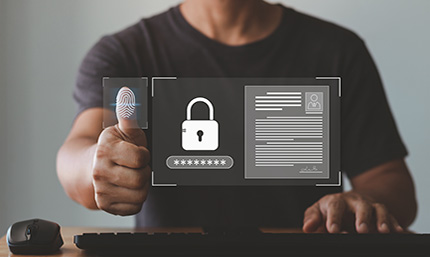


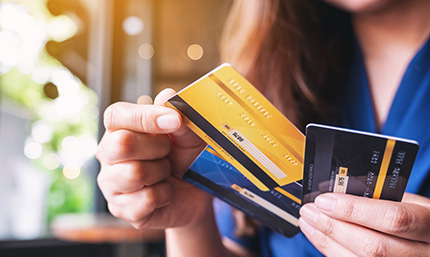
























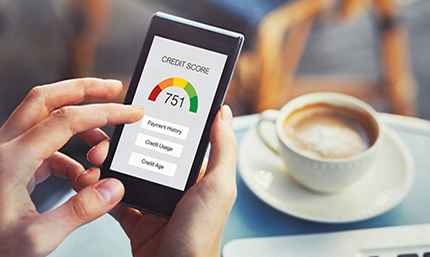

























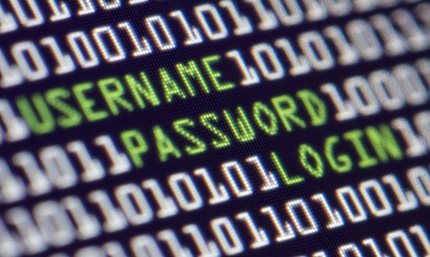


























.jpg?width=430&height=257&ext=.jpg)













